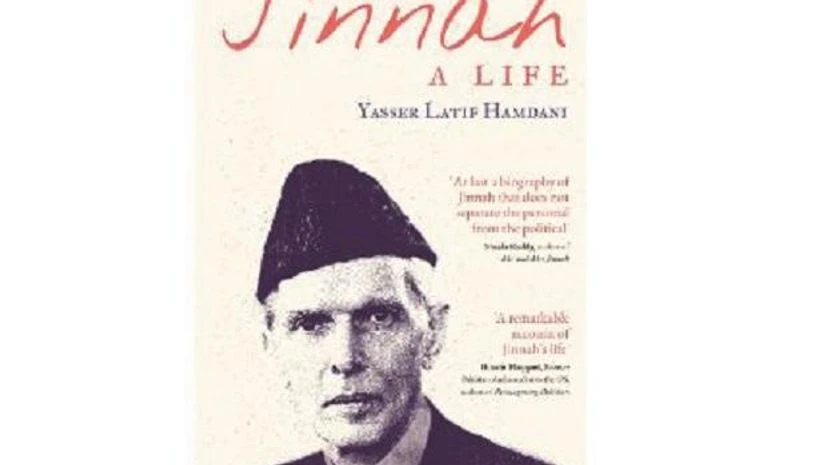Catastrophic events incubate their own revisionist histories. The partition of India — its attendant bloodbath, the portfolio of unresolved issues and legacy of mistrust and hostility — is a case in point. Earlier narratives were linear: The two-nation theory of the Muslim League led to the partition. In Pakistan this was intrinsic to its founding ideology — that Muslims had always sought a separate homeland and Qaid-i-Azam Muhammad Ali Jinnah was the leader who steered this aspiration to its destiny in the form of separate nationhood. The partition debate and the Jinnah debate were, and are, therefore, inseparable. Ayesha Jalal’s
Jinnah's tragedy
The discussion of Kashmir in the book is, however, very brief and almost cryptic notwithstanding that Jinnah was at the helm of affairs in Pakistan for a significant part of the first Kashmir War
)
Premium
The argument that Jinnah’s journey from being a national leader to a Muslim leader was forced on him by Nehru, Gandhi and the Congress has been made before
What you get on BS Premium?
-
Unlock 30+ premium stories daily hand-picked by our editors, across devices on browser and app.
-
Pick your 5 favourite companies, get a daily email with all news updates on them.
Full access to our intuitive epaper - clip, save, share articles from any device; newspaper archives from 2006.
Preferential invites to Business Standard events.
Curated newsletters on markets, personal finance, policy & politics, start-ups, technology, and more.
Need More Information - write to us at assist@bsmail.in
